Adam Phillips' 6 favorite books
The famous British psychoanalyst and therapist shares the literature that makes his brain whir
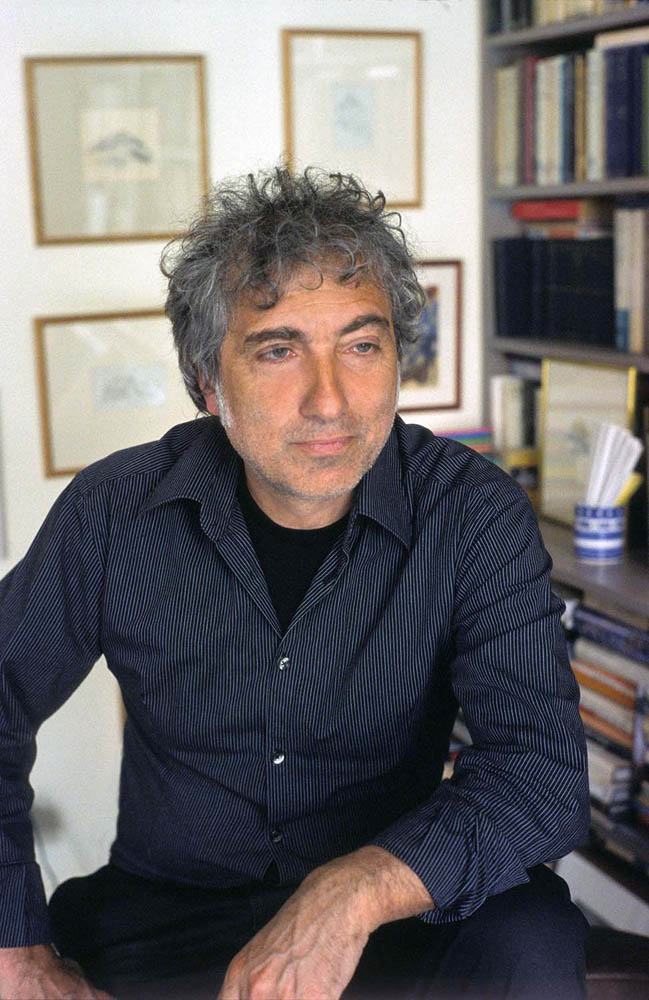
A free daily email with the biggest news stories of the day – and the best features from TheWeek.com
You are now subscribed
Your newsletter sign-up was successful
When you make a purchase through links on our site, we may earn a commission
Moby Dick by Herman Melville (Bantam, $10).
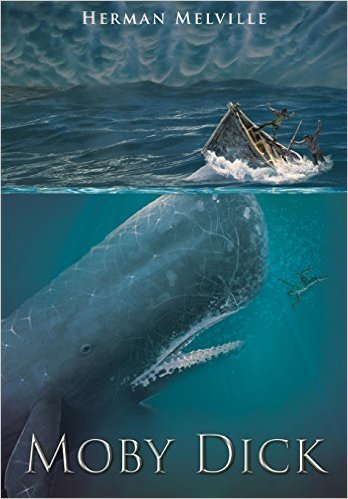
Melville's epic romance — and extraordinary prose poem — is about the obsessive wanting that comes from a terrible wounding. It is also the most expansive and exhilarating book ever written about the demonic narrowing of a mind. It dramatizes, like no other work of literature, how the unwillingness to love and/or desire people of the same sex makes us violent and strange.
The Week
Escape your echo chamber. Get the facts behind the news, plus analysis from multiple perspectives.

Sign up for The Week's Free Newsletters
From our morning news briefing to a weekly Good News Newsletter, get the best of The Week delivered directly to your inbox.
From our morning news briefing to a weekly Good News Newsletter, get the best of The Week delivered directly to your inbox.
The Poems of Marianne Moore (Penguin, $20).
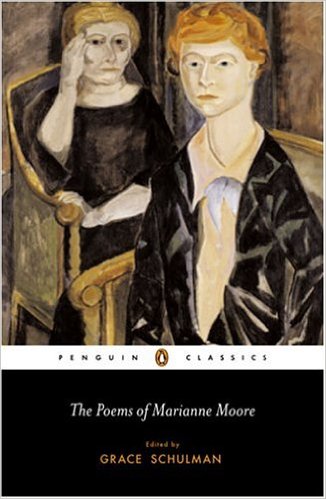
In its inexhaustible invention, precision, and humor, this book shows us the moral insights made possible by acute description.
The Prelude by William Wordsworth (Norton, $25).
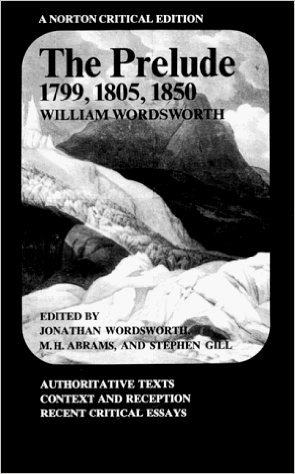
Wordsworth's 1805 Prelude, the second of three versions he would write, is the poetry of a man inspired by an unlocatable despair to make in words the good thing he has either lost or never had. It's the story of a man wondering, out of a founding confusion, which of life's pleasures should tempt him.
A free daily email with the biggest news stories of the day – and the best features from TheWeek.com
No Name in the Street by James Baldwin (Vintage, $15).
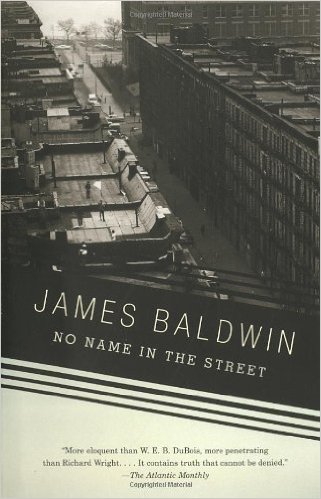
This collection of essays on the shortcomings of the civil rights movement is also a harrowing account of how someone might go on writing and talking and having some kind of confidence in human relations after fully acknowledging that everything in affluent Western societies is made from slavery, exploitation, and unrelenting racism.
Purity and Danger by Mary Douglas (Routledge, $25).
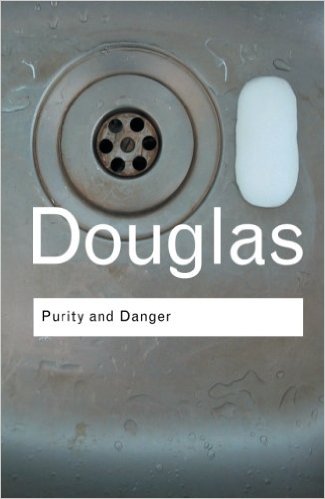
Here is a remarkable book from a time — the mid-1960s — when anthropologists had the most interesting ideas about how to live and how not to talk about other people. It may be impossible to recover from her claim that dirt is "matter out of order." She makes it abundantly clear how much terror is created by the will to purification.
Visible Signs by Lawrence Raab (Penguin, $18).
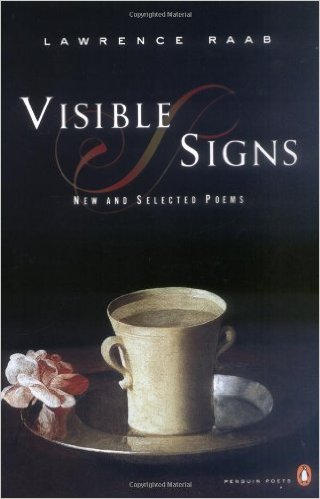
This is a book of luminous and enigmatic poems and should inspire anyone to read all of Raab's remarkable writing. Raab has, in the American grain, a generous and ironic skepticism about charmed lives and the allure of disappointment. In Raab's poetry, the ordinary is made not merely strange but palpably uncanny.
— Adam Phillips, a British psychoanalyst, is the author of 20 books, including On Kindness, Becoming Freud, and On Kissing, Tickling, and Being Bored. In his latest, Unforbidden Pleasures, he muses on the ways society's rules affect what we enjoy.
-
 Political cartoons for February 15
Political cartoons for February 15Cartoons Sunday's political cartoons include political ventriloquism, Europe in the middle, and more
-
 The broken water companies failing England and Wales
The broken water companies failing England and WalesExplainer With rising bills, deteriorating river health and a lack of investment, regulators face an uphill battle to stabilise the industry
-
 A thrilling foodie city in northern Japan
A thrilling foodie city in northern JapanThe Week Recommends The food scene here is ‘unspoilt’ and ‘fun’